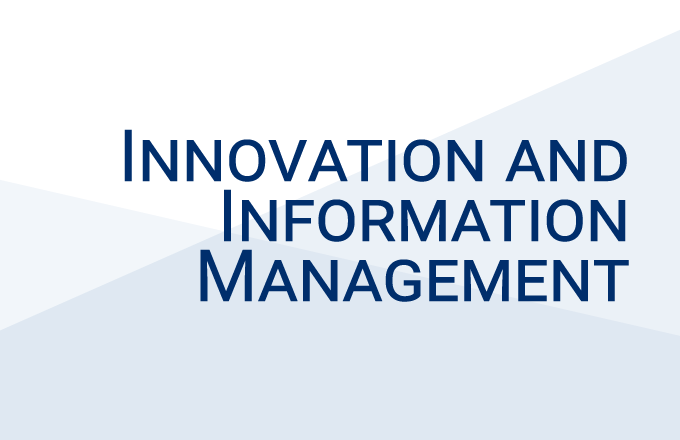Mitigating Sentiment Distortion in the Age of Generative AI
Prof. Yi Ding
Associate Professor
ISM-Analytics (ISMA) Group
Warwick Business School
University of Warwick
The rise of large language models (LLMs) has transformed how individuals generate and refine content across digital platforms. However, this study shows that LLMs can inadvertently alter the sentiment of original content, posing a significant challenge to the reliability of sentiment-based analytics used in business, policy, and research. Using two datasets—financial tweets and Amazon product reviews—we demonstrate that LLM rephrasing consistently shifts sentiment toward greater positivity, introducing measurable bias. We conceptualize this shift as a form of measurement error and quantify its magnitude using multiple sentiment analysis tools. To address this distortion, we propose two mitigation strategies: (1) fine-tuning LLMs to better preserve human-like sentiment, and (2) applying sequential rephrasing to infer the original sentiment based on convergence patterns. Experimental results show that both methods substantially reduce bias and improve estimation accuracy, even when the origin of the content is uncertain. Additional simulations demonstrate that these approaches also enhance the recovery of coefficients in sentiment-based regression models. Our findings underscore a critical yet underappreciated consequence of generative AI: its influence on the perceived emotional tone of public discourse. By offering tools to recover more authentic sentiment, this research promotes more trustworthy analytics in an AI-mediated information environment.
Yi Ding is an Associate Professor in the Group of Information Systems Management and Analytics, Warwick Business School, University of Warwick. She received her PhD in Information Systems and Analytics from the National University of Singapore. Her research focuses on the social impact of emerging technologies, artificial intelligence, and fintech. Her work has appeared in leading journals, including Information Systems Research, MIS Quarterly, Journal of Marketing, Journal of International Business Studies, Production and Operations Management, Journal of the Academy of Marketing Science, and Research Policy.














